The 2025 run of the Community of Nations and Nation of Communities (CNNC) Short Course, organized by the University of the Philippines Open University Faculty of Management and Development Studies (UPOU-FMDS) and supported by the Eurasia Foundation (from Asia), concluded last 02 July 2025 with powerful insights, learnings, and strong calls for continued regional collaboration from its fellows.
Now on its second iteration, which ran from 08 April until 02 July 2025, CNNC continues to strengthen values-based, community-centered leadership and cooperation across Southeast and East Asia.
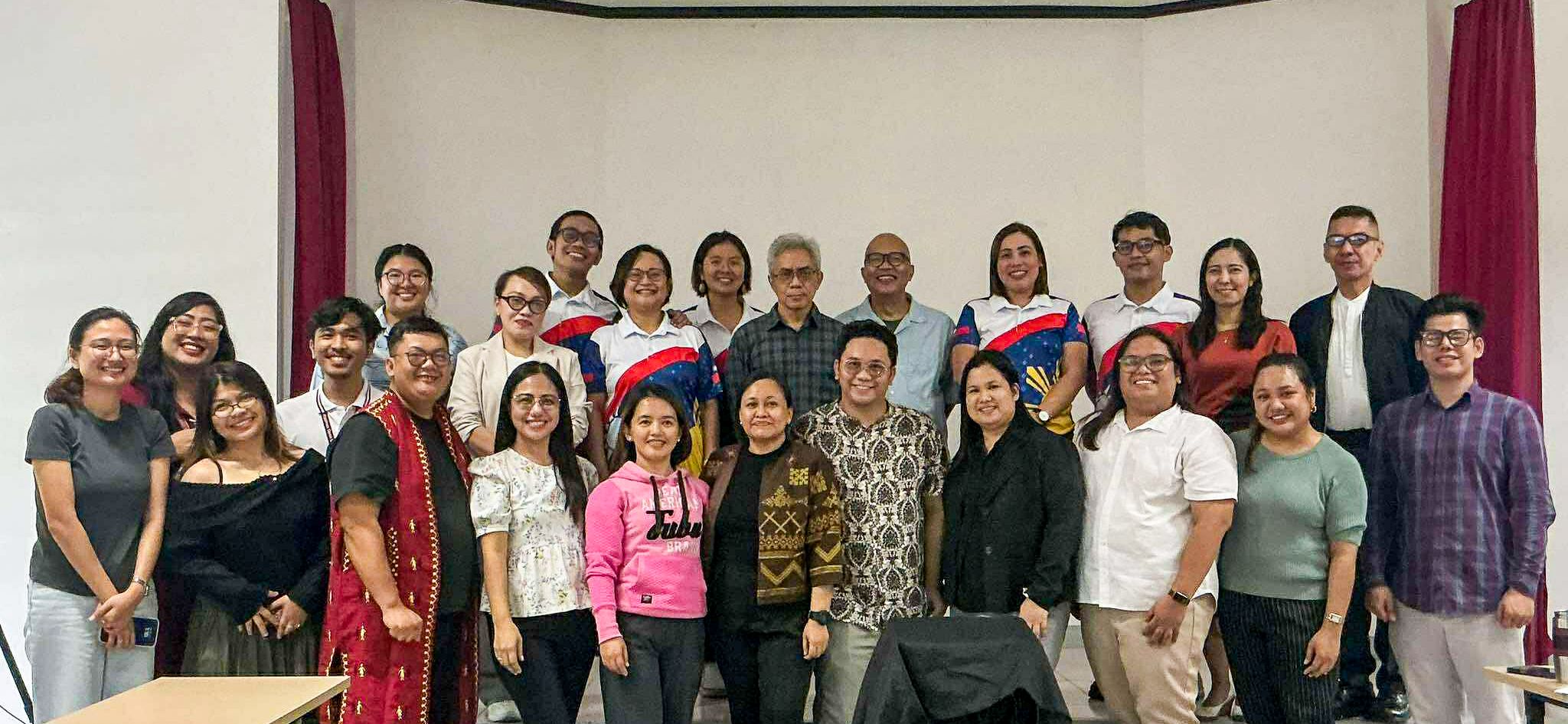

The 2025 CNNC cohort brought together a vibrant mix of professionals, academics, and students from various sectors. Participants included government officers and public servants, educators and researchers, postgraduate students and young professionals, practitioners in specialized roles and community leaders and advocates. Together they explored decentralization, regionalization, and community development through lectures and group work over 11 hybrid sessions, and engaged with expert lecturers from Japan, Indonesia, Taiwan, Thailand, and the Philippines who shared frameworks and case studies on sub-national governance and cross-border cooperation.
The course emphasized that meaningful regional development must be grounded in empowered local communities. Through topics such as land value taxation, ASEAN smart cities, community currencies, and governance reforms, fellows gained new lenses through which to understand local-global connections.
LLABS (Local-to-Local Across Border Scheme): Localized Learning in Action
A core component of CNNC was the Local-to-Local Across Border Scheme (LLABS) group work, where participants were divided into four interdisciplinary teams. Each team developed a LLABS proposal that reflected course themes and applied them to real-world partnerships.
This year’s group presentations showcased:
- Village-owned Ecotourism Enterprise – BUMDES (Badan Usaha Milik Desa or Village-owned Enterprise) Group
- Dap-Ayan: Building a Resilient and Empowered Community – North and Central Luzon Group
- Forging Global Communities: A Tale of Two Local Governance Models – National Government Agency Group
- The “International University Social Responsibility (IUSR) Corridor” as a Reciprocal Capacity Building Program: A LLABS Model between PH and Taiwan – Academe Group
The group presentations revealed not only creative ideas but strong commitments to future collaboration. Each proposal was evaluated based on clarity, relevance, strategic value, feasibility, and team collaboration. A Best Presentation Award was given based on evaluator scoring and anonymous peer review, emphasizing both excellence and teamwork and this was received by the BUMDES and National Government Agency Groups.
After the presentations, the program concluded with a Circle of Reflection and Fellowship Session, where participants shared takeaways, action plans, and messages of appreciation.
Looking Ahead: CNNC as Microcredential
As interest in institutionalizing the program grows and as part of the course’s sustainability, the CNNC Secretariat initiated consultations on offering CNNC as a microcredential course to further expand access and relevance. UPOU, as the country’s premier institution for open and distance e-learning, has been at the forefront of developing microcredential programs to promote lifelong learning, competency-based education, and stackable credentials that meet both academic and workforce needs.
UPOU’s push toward microcredentials reflects its broader commitment to flexible, inclusive, and digitally supported education making it well-positioned to lead CNNC into its next evolution. Updates to the application of CNNC as a microcredential course will be available in the fourth quarter of 2025. If successful, the CNNC Short Course Scholarship Program is expected to be offered again in 2026, further strengthening its reach and potential to empower more changemakers across the region.
A Continuing Community of Practice
More than a short course, CNNC has evolved into a growing community of practice. Fellows leave not only with knowledge, but with a network of changemakers who are committed to inclusive, participatory governance and cross-border collaboration.
As CNNC continues to grow, so does its vision: that nations become stronger when communities lead with empathy, solidarity, and innovation. From lecture halls to local barangays, CNNC 2025 leaves behind a trail of action, collaboration, and hope across the region.
CNNC aligns with and contributes to several United Nations Sustainable Development Goals (SDGs), including SDG 4 (Quality Education), SDG 11 (Sustainable Cities and Communities), SDG 16 (Peace, Justice and Strong Institutions), and SDG 17 (Partnerships for the Goals). Through its emphasis on decentralized governance, inclusive community development, and cross-border collaboration, CNNC reinforces the global call for resilient, transparent, and people-centered local institutions.
Written by: Noreen Dianne S. Alazada • Edited by: Larry N. Cruz
Sustainable Development Goals

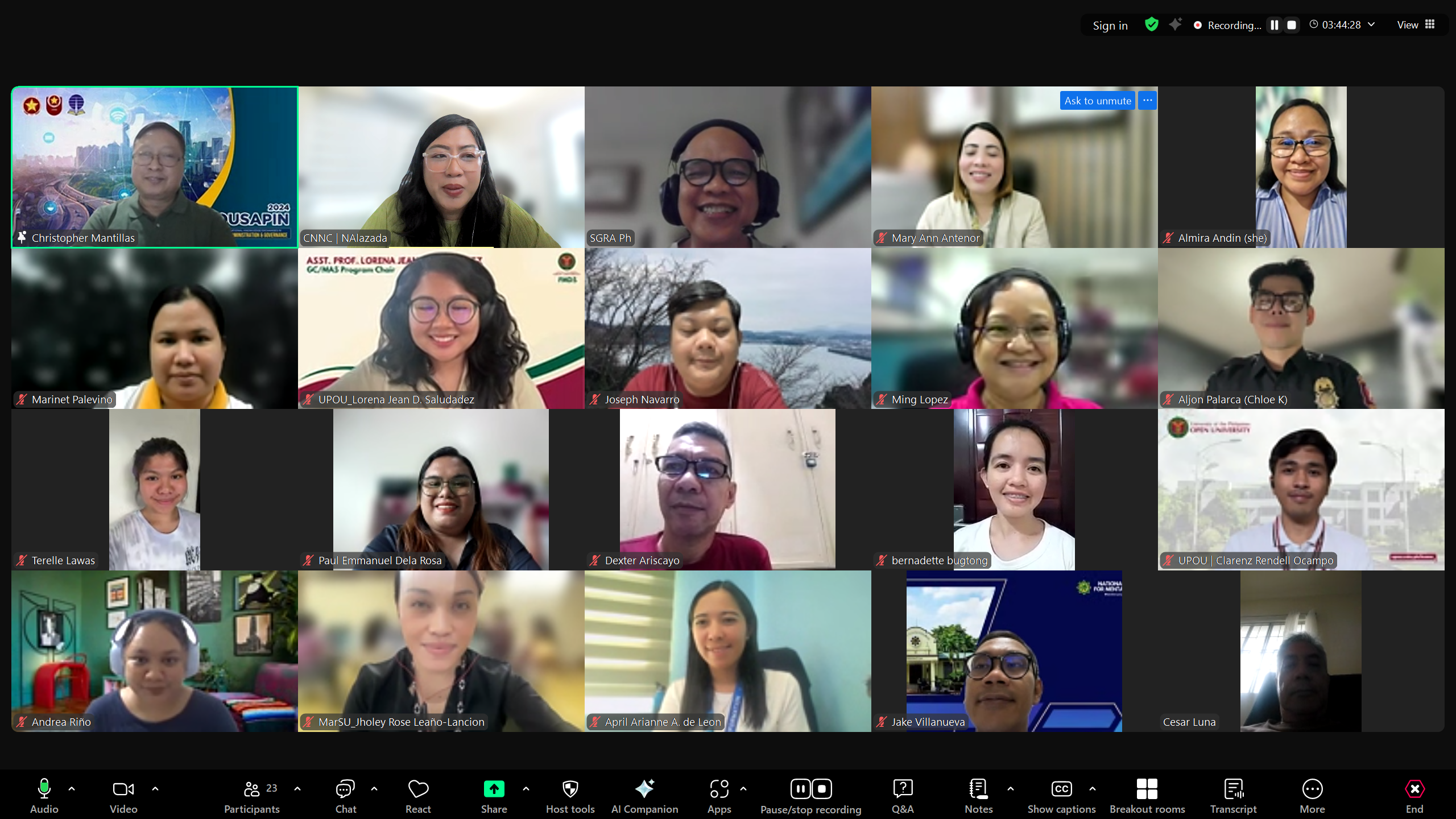
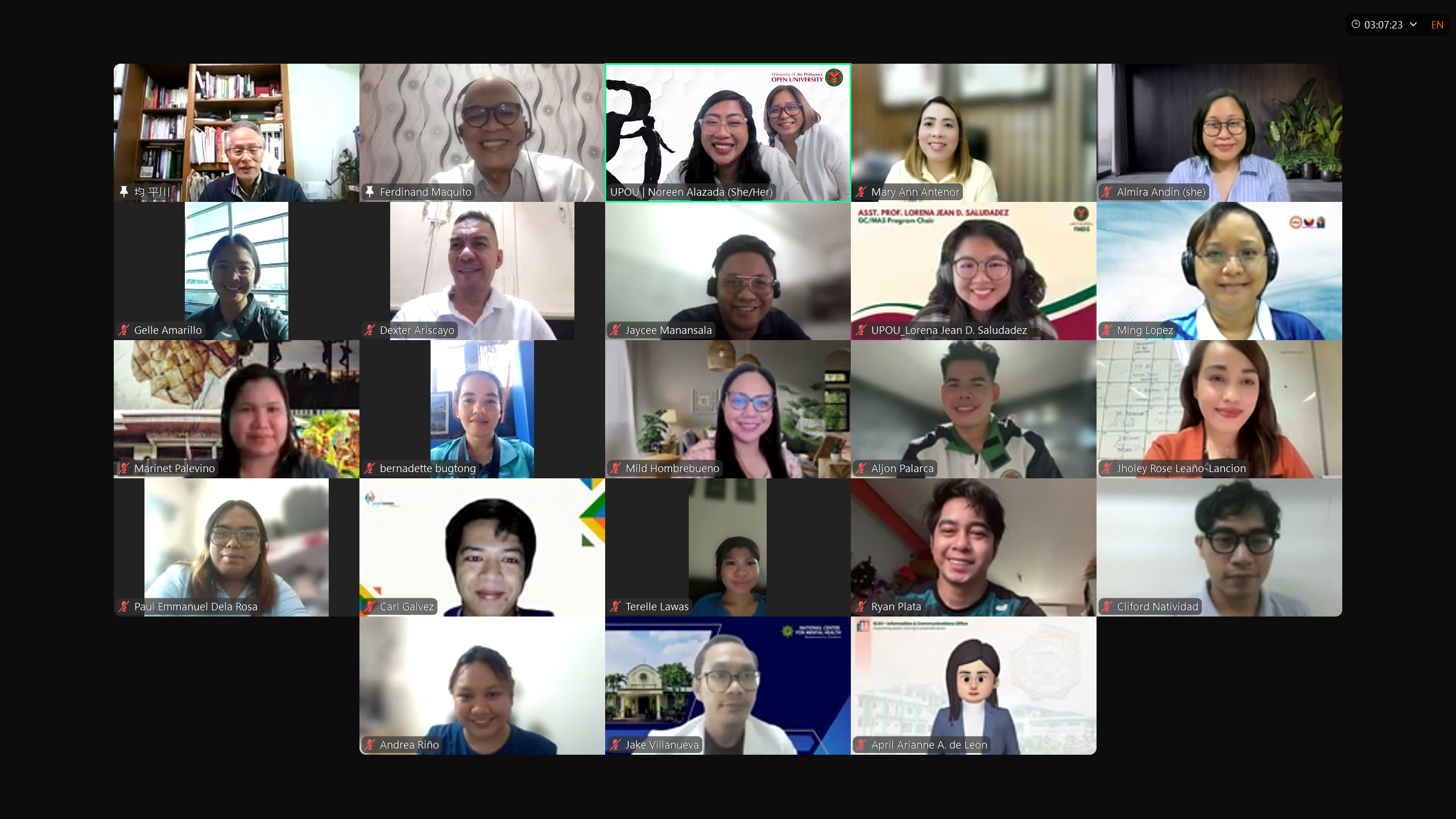
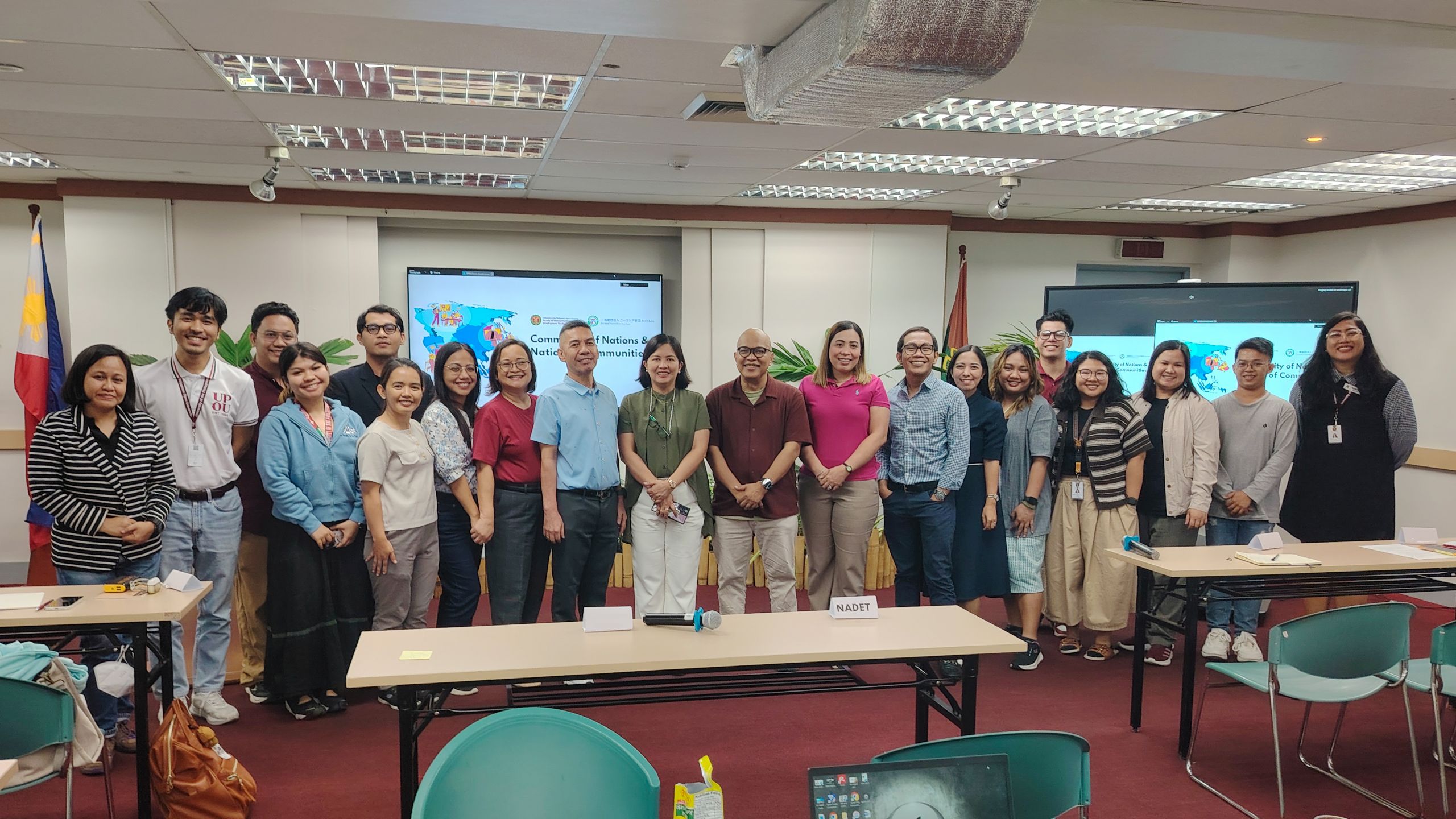
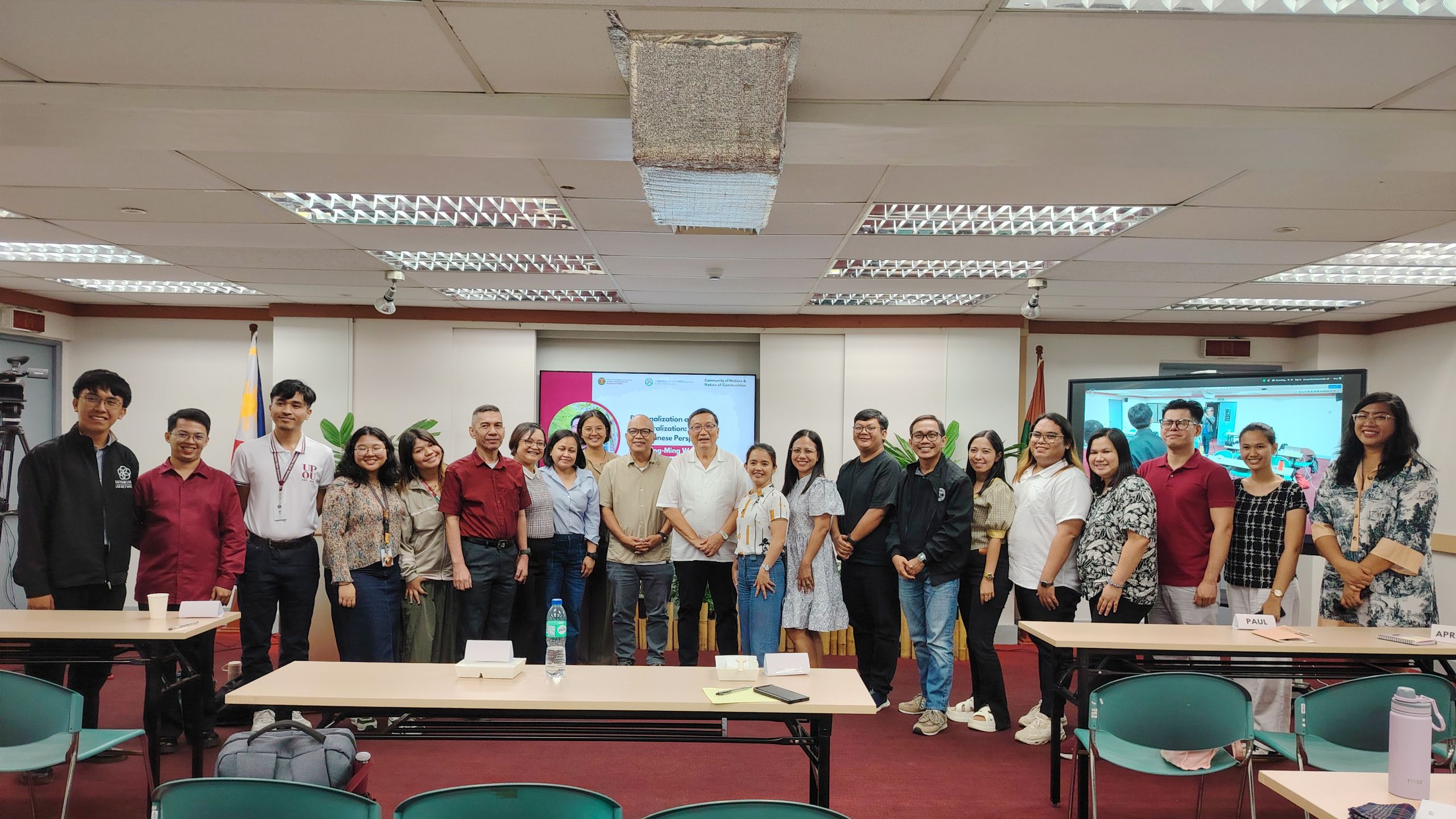
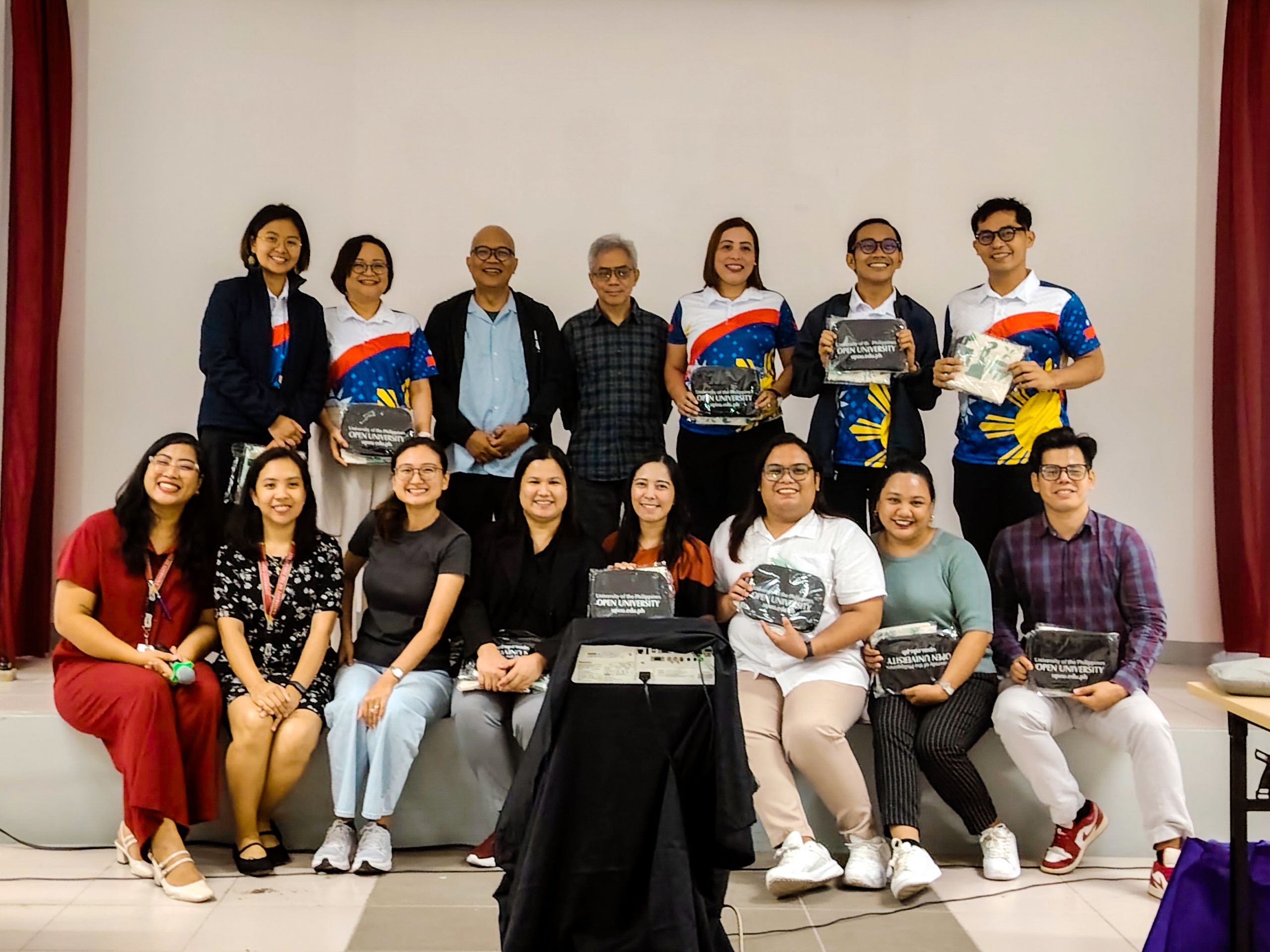
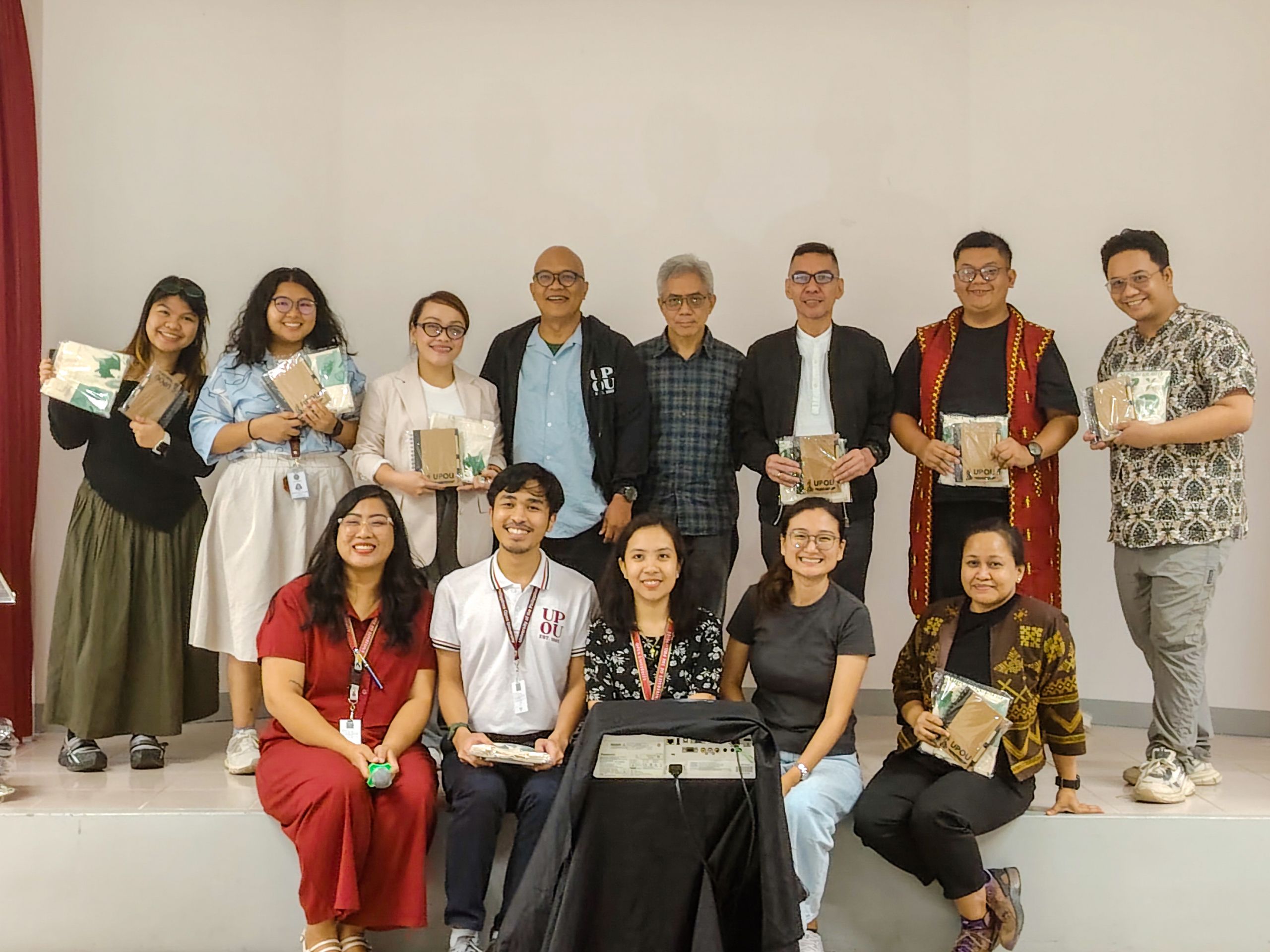
















FMDS Socials